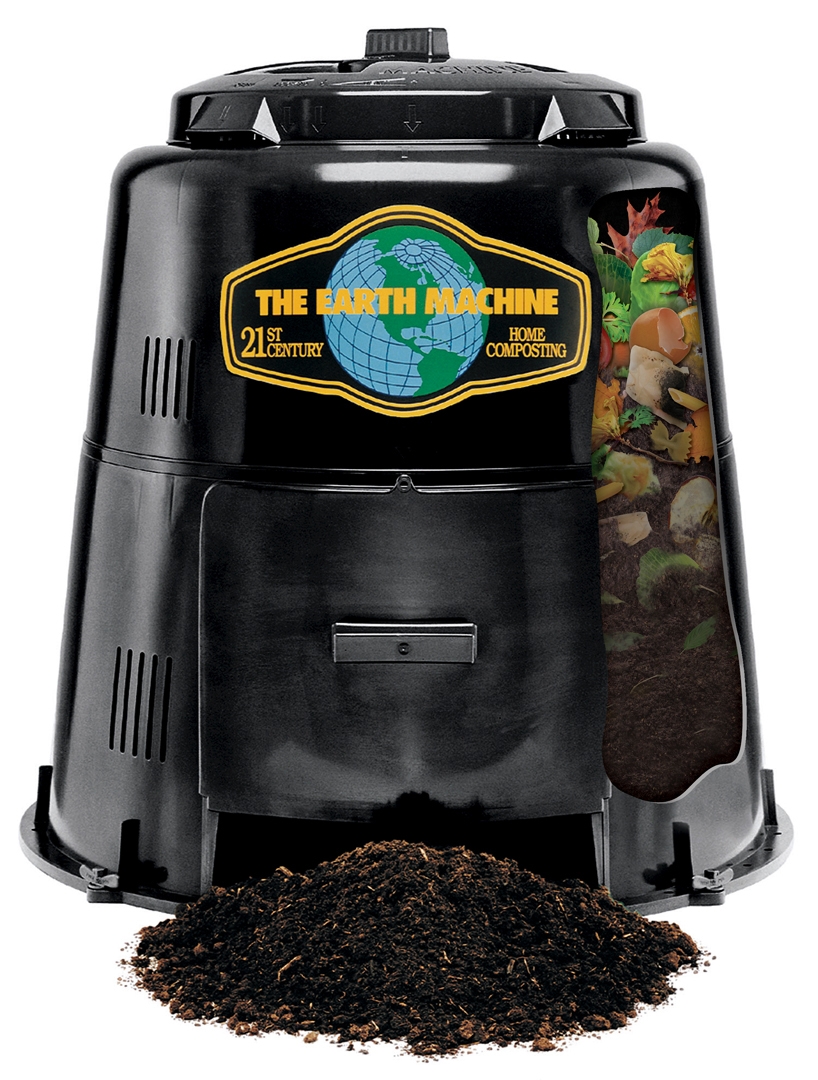AlertsTo keep you informed of important messages from the city! |
2024-04-15
April 15, 2024 - 6 pm - LIFT of the boil-water advisory issued on April 10 for civic numbers 762 to 786 (even) and 767 to 789 (odd) de Salaberry BoulevardApril 15, 2024 - 6 pm - LIFT of the boil-water advisory issued on April 10 for civic numbers 762 to 786 (even) and 767 to 789 (odd) de Salaberry Boulevard More details...
|
|
2024-04-15
April 15, 2024, 6 pm - LIFT of the boil-water advisory issued on April 11 for the sector comprised of Delmonte, Morley-Hill and Viney Streets, including civic number 17212 chemin Sainte-MarieApril 15, 2024, 6 pm - LIFT of the boil-water advisory issued on April 11 for the sector comprised of Delmonte, Morley-Hill and Viney Streets, including civic number 17212 chemin Sainte-Marie More details...
|
|
|
2024-04-18
April 18, 2024 - 12 pm - LIFT of the boil-water advisory issued on April 11 for civic numbers 2 to 16 (even) and 3 to 17 (odd) on Lancelot StreetApril 18, 2024 - 12 pm - LIFT of the boil-water advisory issued on April 11 for civic numbers 2 to 16 (even) and 3 to 17 (odd) on Lancelot Street. More details...
|


